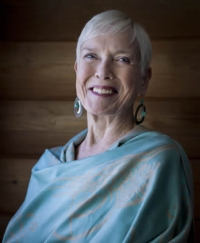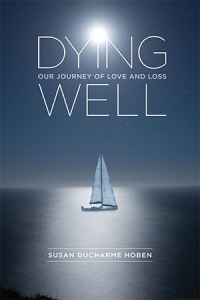John McCain – A Profile in Courage In Life and in Death
Sen. John McCain’s family announced that he has discontinued medical treatment for an aggressive form of brain cancer. His public disclosure spotlights that we have choices at the end of life, and that courage is not just demonstrated in battling cancer, but also in knowing when to stop.
Unlike John McCain, we as a society have not come to terms with dying as a natural part of living. Observing the words and actions of those dealing with a terminal prognosis, whether we know them personally or only as figures in the public spotlight, can be an emotionally powerful way to gain new insights. Fear prevents us from even thinking about death, let alone talking about it or planning for it. But the more we know about other people’s journeys, the less we will fear our own. Perhaps, with each new experience that is shared, we will become more comfortable with the inevitable.
It’s important for us to have role models for dying well. Public figures, like John McCain, can shine a bright light on important issues, but role models don’t have to be famous. They can be a relative, a friend, a neighbor or a colleague. We can all become part of this growing national dialogue on how we die. By sharing your end-of-life journey, or that of a loved one — as I have done in Dying Well: Our Journey of Love and Loss — we all have the opportunity to change someone’s life, and their death.
Unlike John McCain, we as a society have not come to terms with dying as a natural part of living. Observing the words and actions of those dealing with a terminal prognosis, whether we know them personally or only as figures in the public spotlight, can be an emotionally powerful way to gain new insights. Fear prevents us from even thinking about death, let alone talking about it or planning for it. But the more we know about other people’s journeys, the less we will fear our own. Perhaps, with each new experience that is shared, we will become more comfortable with the inevitable.
It’s important for us to have role models for dying well. Public figures, like John McCain, can shine a bright light on important issues, but role models don’t have to be famous. They can be a relative, a friend, a neighbor or a colleague. We can all become part of this growing national dialogue on how we die. By sharing your end-of-life journey, or that of a loved one — as I have done in Dying Well: Our Journey of Love and Loss — we all have the opportunity to change someone’s life, and their death.

